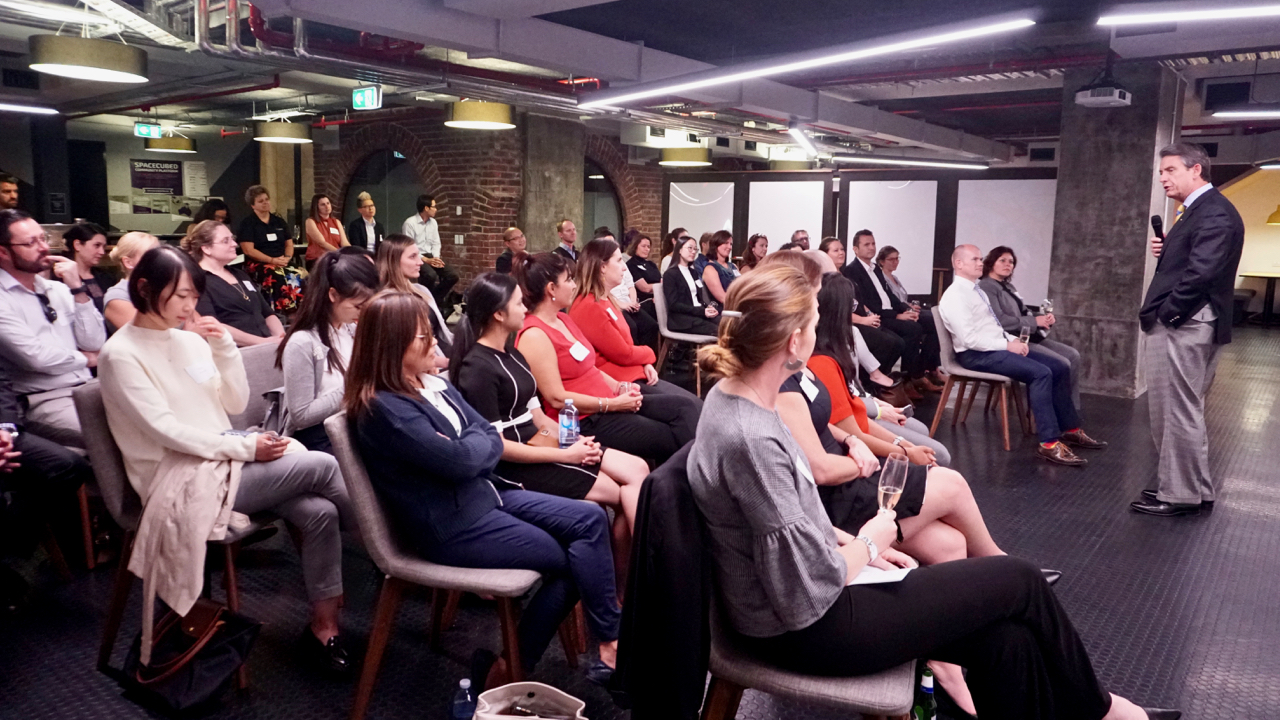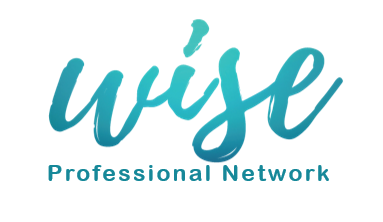TOP FIVE TIPS TO BUILD MEANINGFUL NETWORKS
Recently, the WISE development team hosted a session addressing one of the most important skills we as professionals need to develop to achieve success in their careers, networking. Networking is often daunting, however it’s incredibly important for both professional achievement and satisfaction. The session was led by Ron Gibson, who is a leader in business and career networking. Ron provided the group with valuable advice on how to build honest, lasting and generous relationships.

According to Ron skills, experience and knowledge account for just 50% of our professional success. Networks, friends and relationships make up the balance – failure to nurture theses really is detrimental to our careers in the long term.
An interesting exercise we all participated in (and you can do right now) was to go through our contacts in our mobile phones. How many of them are honest relationships who might provide us professional or personal growth opportunities? How many of them can we provide growth opportunities to? Do we really maintain an active relationship with them? Perhaps some of our contacts have ‘dropped off’ because we get busy, we don’t keep in touch and life goes on. Unfortunately, this leads to a loss of potential opportunities for us professionally and personally that might come from those contacts where we’re just not front of mind anymore.
Ron gave us some great tips we can all use to help keep our networks growing, and more importantly, thriving. The top five tips for building honest relationships and nurturing our networks include:
1. Always have something to invite people to.
By giving we provide effective relationships, we provide value. It is important to invite someone who might be benefited from a special event, conference, development session, etc. The more you give, the more you receive. Simple.
2. Always have something to send them.
For example, emails, podcasts, videos or invitations. This will feed the relationship and keep relationships alive. You’ll continue to be front of mind. Again, the psychology of giving brings a higher level of engagement and learning.
3. Introduce people to each other.
By bringing people together they are likely to benefit mutually from a new relationship. Networking is inevitably reciprocal, and by taking the initiative to start this happening, we are much more likely to expand our own professional networks.
4. When we are networking and it’s not going as expected, then we are not always giving or helping in a meaningful way.
Take time to identify those who are uncomfortable. Networking is often overwhelming so spending a few minutes chatting to someone is a meaningful way to contribute.
5. Be genuine.
Establish meaningful conversations in which both parties enjoy and feel comfortable. In a room full of professional at a networking function, there is always some common topic of conversation. The speaker, the venue, follow up events, etc. are all fairly safe areas. It’s also important to remember some detail about contacts (when you can, although granted we’re not all human filing systems!), their football team, or holiday destination, an interesting project they’ve been working on for example. We should recognise networking as a process, and something we need to continue to work on. The more time and energy we invest in constructing a relationship, the more meaningful and mutually valuable it will be.
Networking is a continuous process, and the moment we stop investing our time and energy into it is the moment it starts to deteriorate. We need to keep meeting people and establish new relationships, while continuing to nurture and develop those we have. Get involved with organisations, accept leadership positions, write blogs, give speeches, and actively do the things which lead to a wider network.


